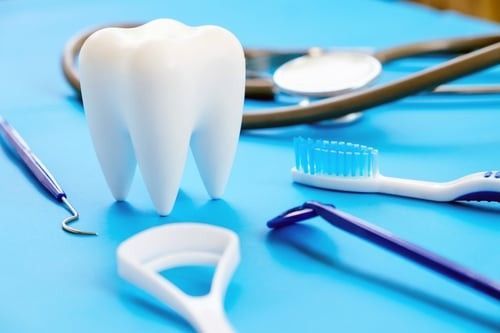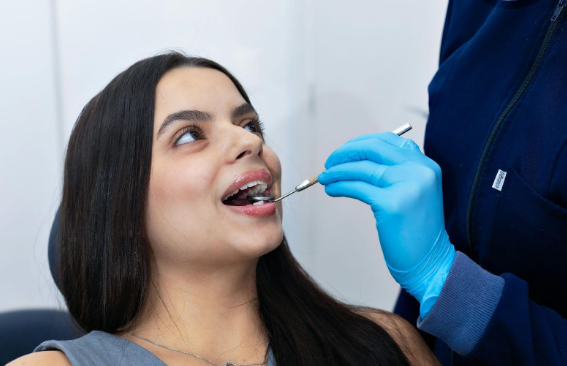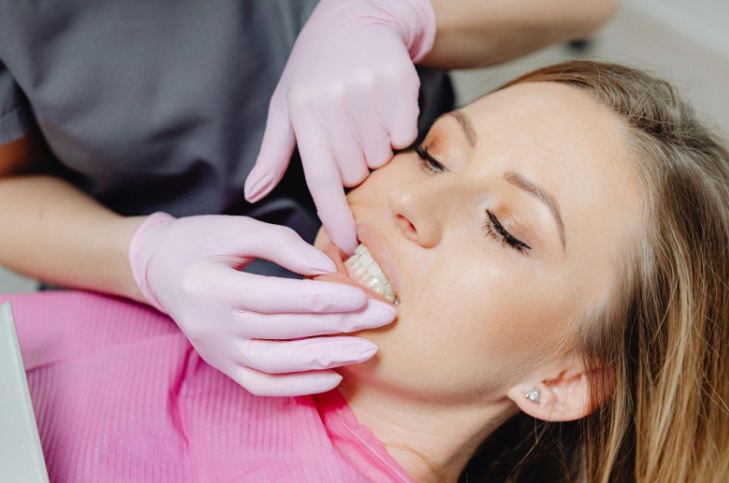Do I Really Need to Floss Every Day?
If your goal is to improve your dental hygiene, you should be flossing on a regular basis. But how often should you floss, and why is it so important to floss? Here’s what you need to know about flossing your teeth.
Why Is Flossing a Good Habit to Have?
When you clean between your teeth with dental floss, you’ve helping to prevent common dental issues that include gum disease and cavities. This is because the floss helps get rid of plaque, a sticky substance in the mouth that is attracted to food that may be stuck between your teeth when you don’t floss.
If you let plaque stick around, it might eventually harden into tartar, which can cause gum disease over time. Not only does gum disease cause your gums to become sensitive and bleed, it can also lead to heart disease, diabetes, arthritis and other health issues throughout the body.
Excess plaque also leads to cavities in your mouth. When the plaque is stuck between your teeth, it’s harder for your saliva to wash it away like it often does with the plaque on the front surface of your teeth. This is why it’s so important to floss regularly.
How Often Should You Floss?
So what’s “regularly” when it comes to flossing? Most dental professionals recommend that you floss every day. The time doesn’t matter, as long as you get it done daily. You can floss before you go to bed, in the morning or after lunch, depending on how much time you have around these events.
If you have trouble remembering to floss every day or it seems like too much of a bother, try to stash floss in a few areas of your house so you have less of an excuse to avoid this task.
Whether you forget to floss regularly or you have perfect dental hygiene, it’s important to see a dentist for a cleaning or checkup twice a year. At Patriot Family Dental, we make it easy for you to set up appointments for your whole household. Contact us today to schedule your next cleaning or dental procedure.
The post Do I Really Need to Floss Every Day? appeared first on Patriot Family Dental.












